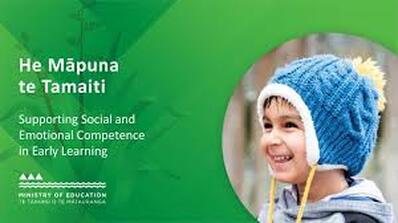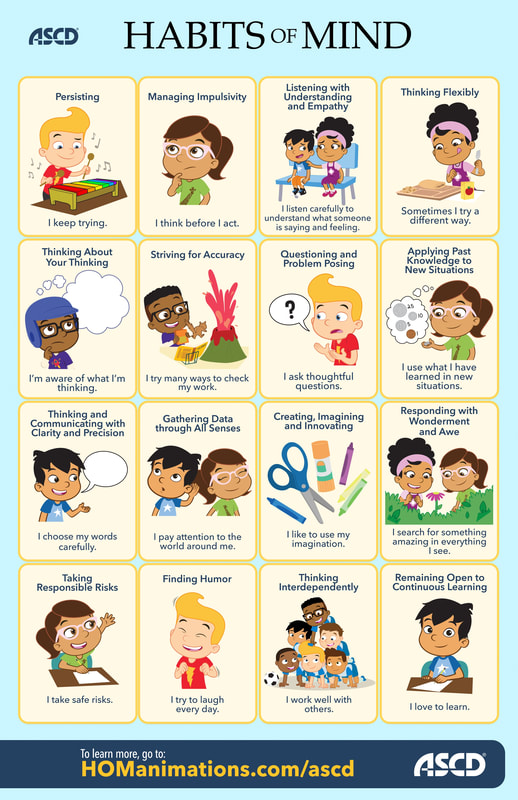Harakeke - Habits of Mind
|
At kindergarten we have been looking into children’s learner identity. This is about the attitudes and habits that influence learning and the ways in which children see themselves as learners.
This has lead us to look at Habits of Minds, the work of Art Costa and Bena Kallick (for further information there is plenty on line). There are 16 patterns of thinking. They will help your children form habits to work through real life situations with thought and intentional strategy. We will use the language of these habits with your children. You will begin to see these habits in your children’s learning stories. They will guide the planning for your child’s individual learning. |
Te Rito - He Mapuna te Tamaiti
Our specialised programme caters for children aged 2yrs to 3.5 years and as such it is flexible and responsive. Te Whāriki describes this age group to a tee when it says;

- They are energetic and on the move.
- They are gaining control of their world by checking our limits, causes, and effects.
- Their desires are often ahead of their language or physical abilities to achieve what they want
- Their feelings are intense and unpredictable
- They thrive on opportunities and on being encouraged into exploration and creativity
- They are impulsive and can lack self-control.
- They focus on the here and now
- They seek social interactions and learn by imitating others
- They learn with their whole body and learn by doing rather than being told.
So, you can see why we need to be flexible and responsive.
Using ‘He Mapuna te Tamaiti’ (which is founded on our curriculum document Te Whāriki) supports us to design a mana-enhancing, culturally informed, responsive programme that promotes positive interactions with children and whānau. These interactions will reinforce caring relationships within a positive, supportive environment for all learners and their whānau.
Using ‘He Mapuna te Tamaiti’ (which is founded on our curriculum document Te Whāriki) supports us to design a mana-enhancing, culturally informed, responsive programme that promotes positive interactions with children and whānau. These interactions will reinforce caring relationships within a positive, supportive environment for all learners and their whānau.

